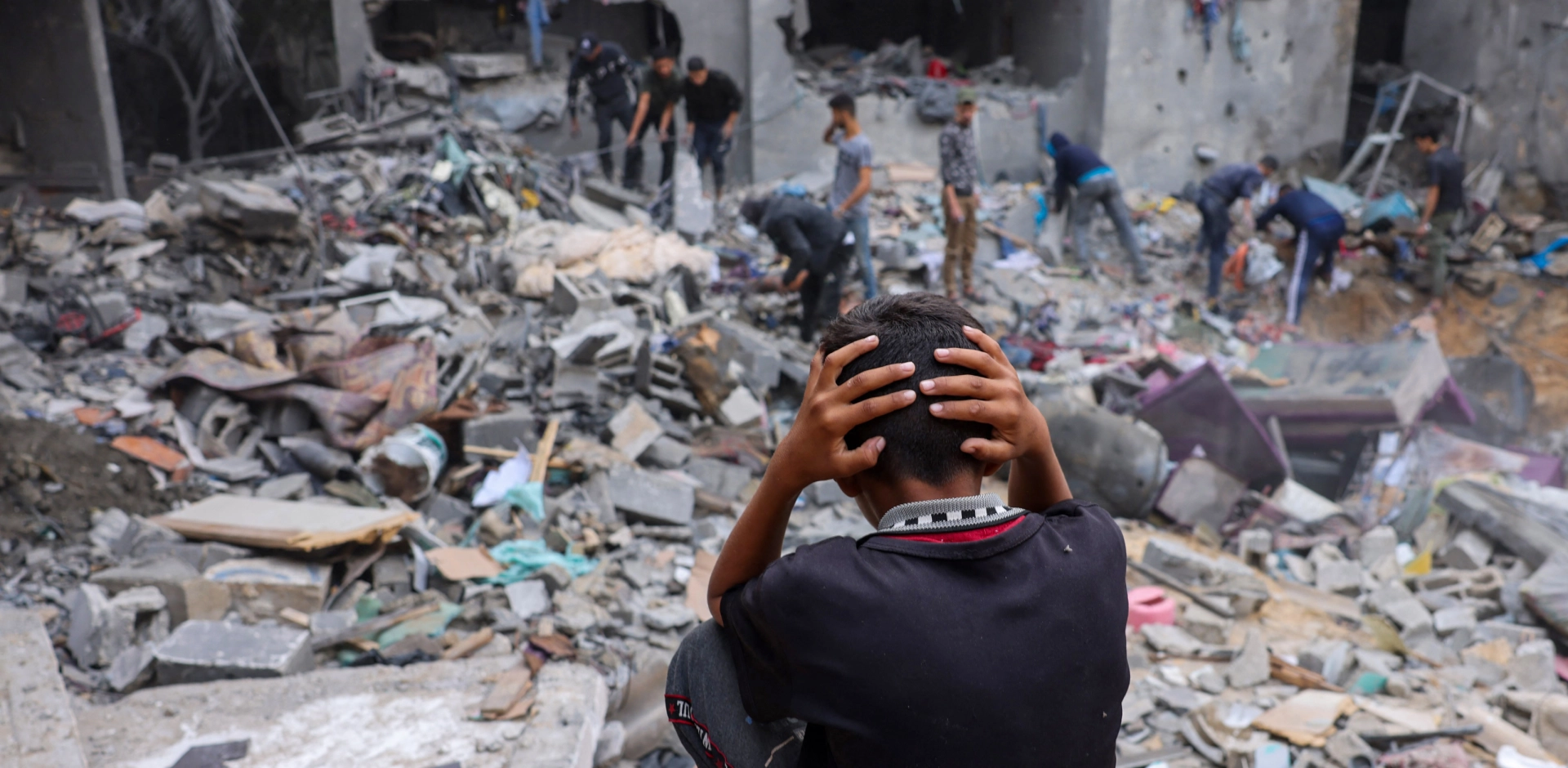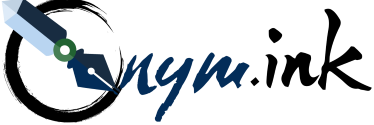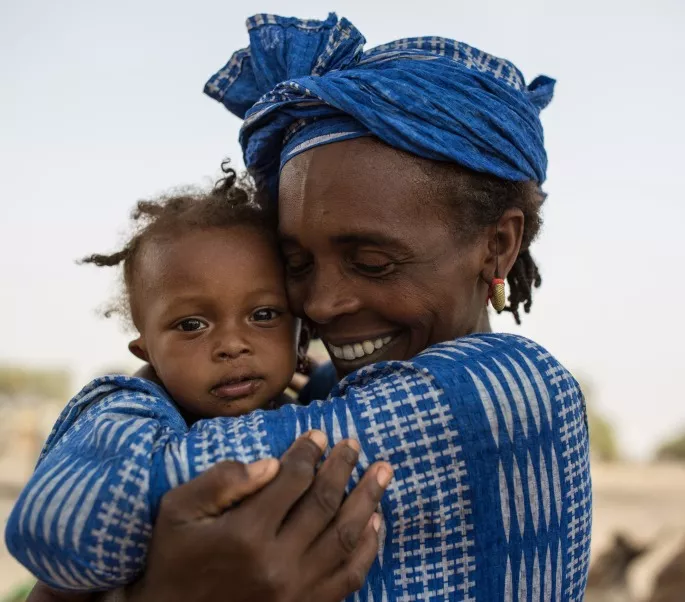“The believing men and believing women are allies of one another. They enjoin what is right and forbid what is wrong and establish prayer and give zakah and obey Allah and His Messenger. Those – Allah will have mercy upon them. Indeed, Allah is Exalted in Might and Wise” (Qur’an, 9:71)
Muslim men and women are imperfect. The same can be said about men and women of all faiths, ethnicities, nationalities, and races. And yet, there is a tendency in our community to criticize and unfairly paint each gender with a broad brush. Recently, Aman Ali, a well-known stand-up comedian wrote several Facebook posts targeting Muslim men as “perverts.” The reaction was polarized to say the least, with the majority of responses far from balanced.
There is no doubt that some Muslim men commit vulgarities and do not embody the level of hayaa required within our faith. However, to publicly shame and label our brothers in faith as perverts is unjust to say the least. In a time when racialized men, and particularly Muslim men, are portrayed by the media, Hollywood, and politicians as violent, mysoginistic, and angry, a post like this from a member of our own community is at the very least, unfortunate, if not dangerous. Aman’s post may have been well-intended; an attempt to shed light on the injustices committed against Muslim women. The intent, however, does not justify the actions he took. His multiple posts instead play directly into the narrative designed and propagated by those who hate Islam and Muslims the most. Instead Aman chose to provide a platform to those voices that continues to label Muslim men as barbaric, uncivilized and out of control ‘others’ guided only by primal instincts. His posts did not create change in the community; they did not solve the issue he identified; and these posts did not positively affect the Muslim community in any productive, helpful, or meaningful way. Further, Aman assumes that these conversations are not happening in any of our Muslim communities – an assertion that is unfair and without evidence, and invalidates the hard work currently underway in several communities across North America and the world.
The beautiful ayah cited at the beginning of this post reminds us that as Muslim women and men, we are allies to one another.
We support each other and build one another up, all the while forbidding evil and encouraging good. We confront the issues in our community together, and search for productive solutions together. We don’t deny the sins and injustices committed by members of our community, but we are not naïve enough to fuel the fire that is already raging against our community.
Instead, we work tirelessly to make meaningful change. We go to the root of these issues, rather than focus on the symptoms. Instead, we choose to work alongside our brothers and sisters, not against them.



